

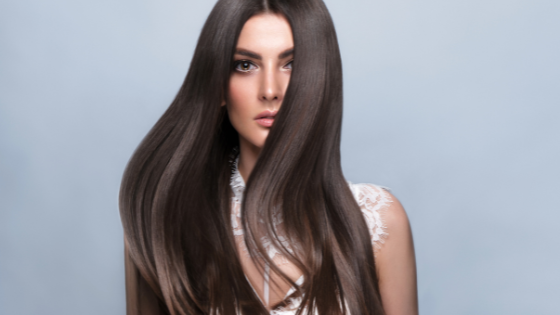
The hair cycle’s growth phase is characterized by the fast division, differentiation, and expansion of cells. Hair grows at a pace of 1/4 to 1/2 inch each month, with the average cell cycle time being 18 hours. The availability of nutrients is crucial for the creation of new cells and their quality affects both cellular growth and long-term health.
From a survival perspective, hair is mostly not necessary, and nutrients are more probably available to be utilized for other important purposes. As a result, it is crucial to provide our bodies the nourishment they need to sustain healthy hair.

The following nutrients are crucial for having healthy hair:
# Biotin
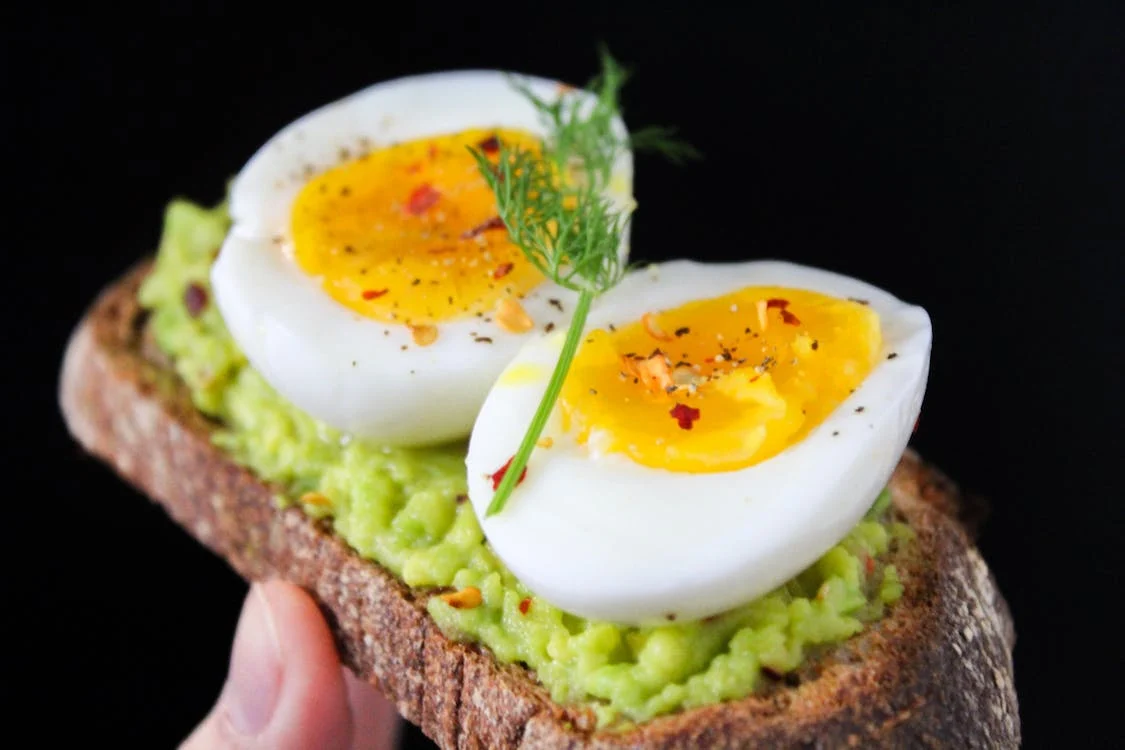
The vital ingredient biotin, often known as vitamin B7, has a variety of physiological activities. The metabolism of amino acids, the creation of fatty acids, and general cell development all include the coenzyme biotin. Numerous dermatological diseases have been connected to Biotin deficiencies. It is thought that ensuring a sufficient intake of biotin plays a key role in the development of healthy hair. Whole grains, egg yolks, and milk all contain biotin.
#Omega 3 Fatty Acids
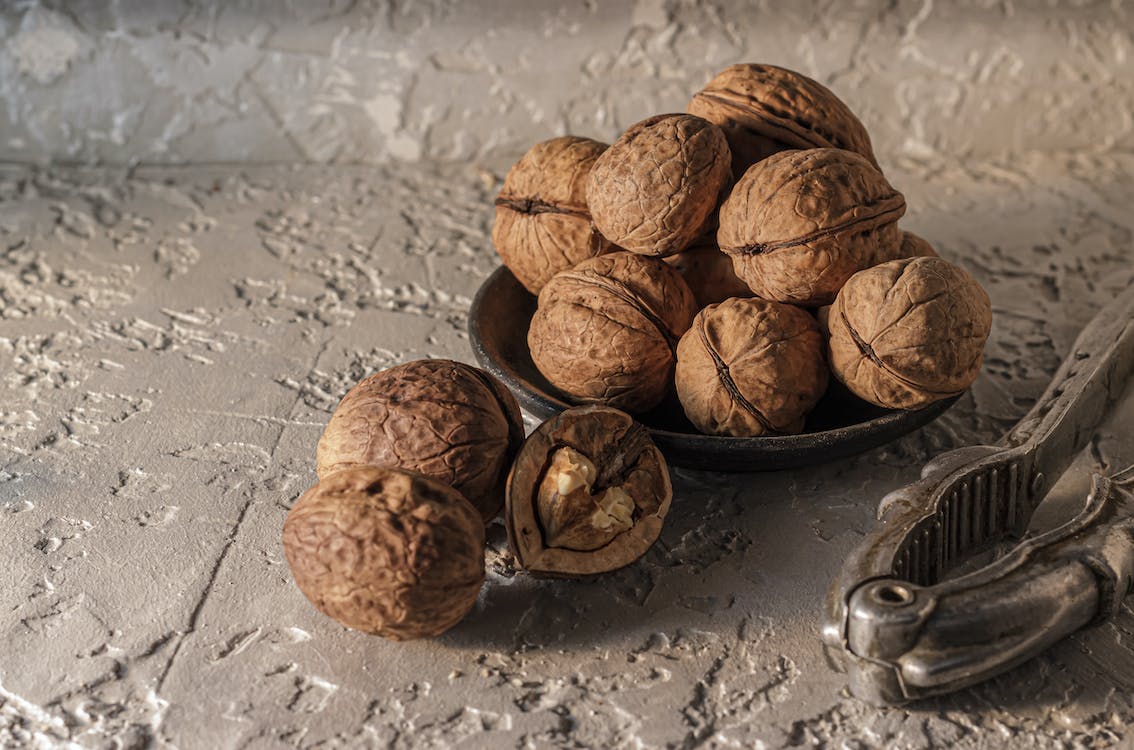
Omega 3 fatty acids are thought to help hair in two different ways. Omega 3 fatty acids, a vital nutrient, are a crucial component of most cells’ structures, and a sufficient intake will guarantee that quickly replicating hair cells have sufficient of this nutrition to split into healthier new cells.
In addition to having anti-inflammatory qualities, omega 3 fatty acids are thought to aid in preventing hair loss brought on by external sources. The anti-inflammatory properties of omega 3 fatty acids are thought to help control this inflammation. Follicle inflammation is frequently a side effect of hair loss caused by external reasons, such as stress. Mackerel fish, walnuts, flaxseed oil are excellent sources of omega 3 fatty acids.
# Vitamin E
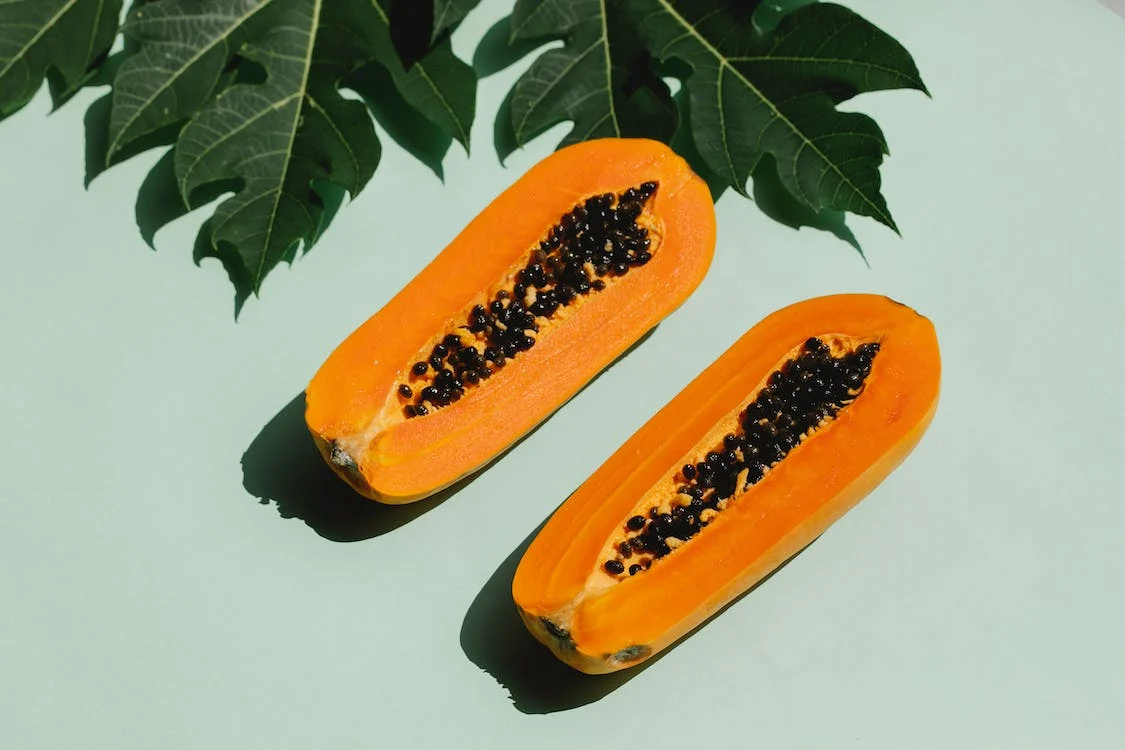
Powerful antioxidant vitamin E combats free radicals produced as a result of both internal and external stresses. Additionally known to encourage capillary formation, vitamin E is thought to improve blood flow to the scalp, aiding in the growth of hair. Fortified hair products frequently contain vitamin E, which has been linked to better hair health. Fruits like mango and papaya are dietary sources of vitamin E.
# Iron
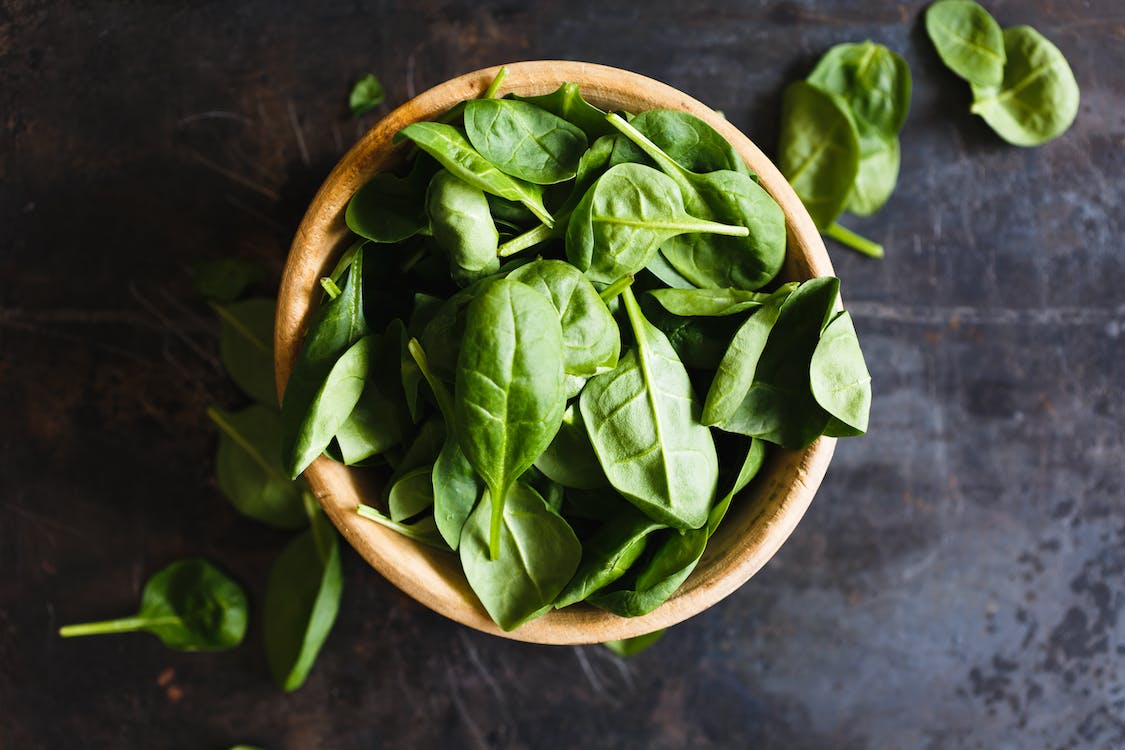
Iron deficiencies have been related to hair loss in a number of clinical investigations, and it is thought that figuring out and treating these deficiencies may aid prevent hair loss brought on by low iron levels.
Even those who are not anemic can have an iron shortage, and this deficiency is thought to be a probable cause of hair loss, particularly in women. Whole grains, dark green vegetables, egg yolks and dry fruits are excellent sources of iron.
# Protein

Proteins, namely Keratin, make up virtually all of the material that makes up hair. Numerous important amino acids, which must be consumed through food, are found in keratin.
Certain amino acids, which are often found in high quality protein sources, are crucial for the production of keratin. Brittle hair has been associated with low quality protein, thus eating good quality protein sources like legumes, and eggs helps prevent these deficiencies.
# Zinc
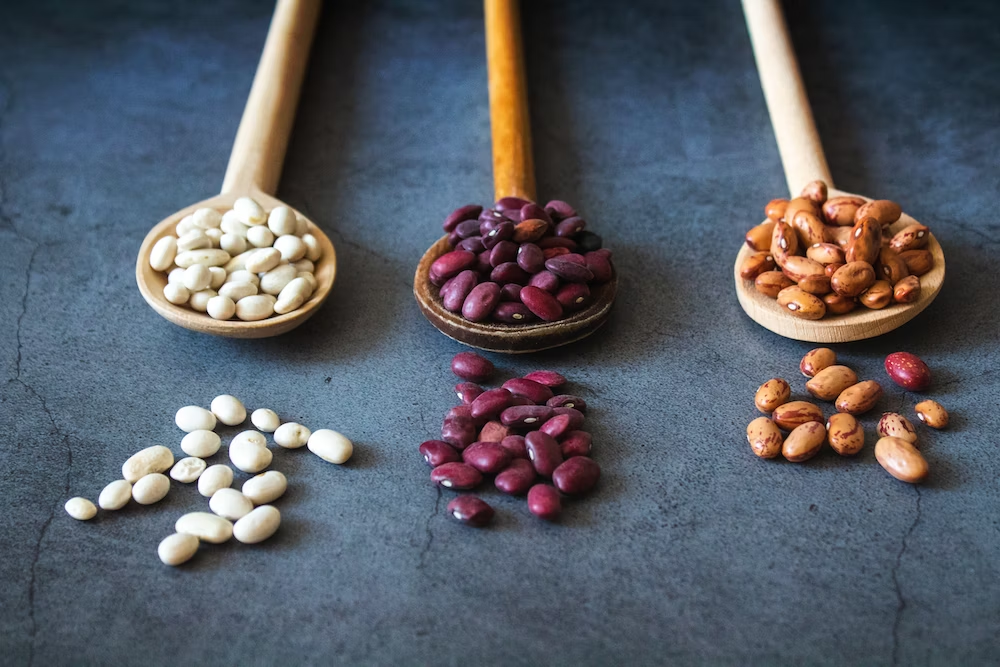
Zinc is a crucial cofactor for many biological processes and is required for the keratin-making process. Hair loss is a sign of a zinc deficiency, therefore getting enough zinc is important for strong, healthy hair.
It is important to make sure that Zinc intake is enough but not excessive since an excessive amount of the mineral can impair the assimilation of other minerals and worsen hair quality. Zinc may be found in foods including seafood, beans, nuts, and meat.
# Vitamin B12

Every cell’s metabolism depends on vitamin B12, which is essential for energy generation, DNA synthesis, and fatty acid synthesis. This is true especially for cells that are dividing. Given its crucial function in cell growth, it is an essential dietary factor for hair health. A lack of this vitamin can lead to neurological diseases and anaemia. Cheese, meat and eggs are rich in Vitamin B12.
Apart from the nutrients described above, a lack of any critical micronutrient has the potential to cause negative health issues, thus it’s important to eat healthily often. However, supplementing under the supervision of a qualified nutritionist is helpful in situations where people may not be able to receive some essential nutrients through their food.
Hereditary and hormonal imbalances can sometimes contribute to hair loss.
The easiest strategy to guarantee excellent hair health, is to get essential nutrients through a balanced diet. To speak with a nutritionist and know more about customized nutrition plan, reach out to us at +91-9743430000 or visit us quanutrition.com/Contact.com"
©2023 All Rights Reserved Ryan Fernando. Designed and Developed by Floral Web Services